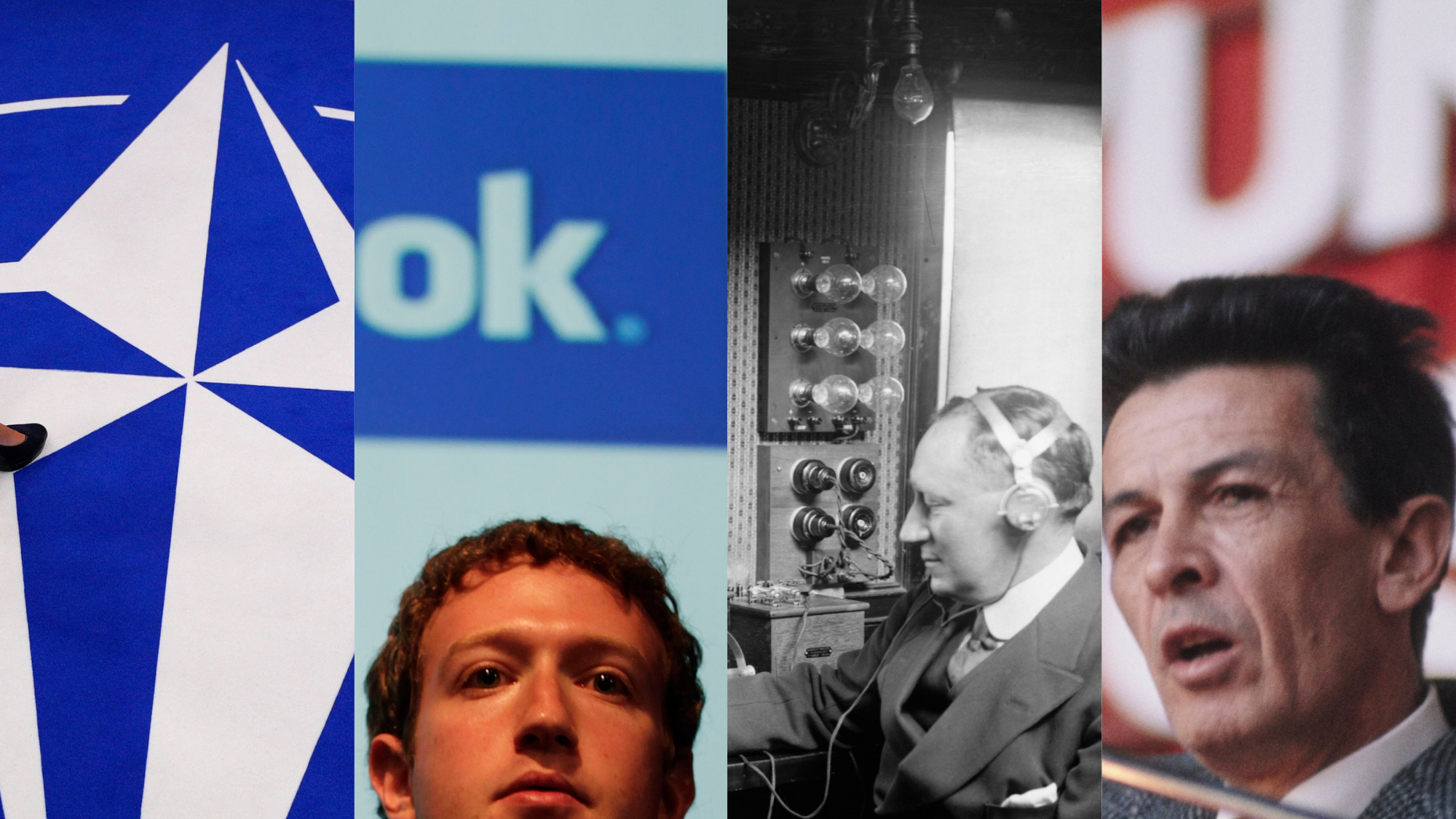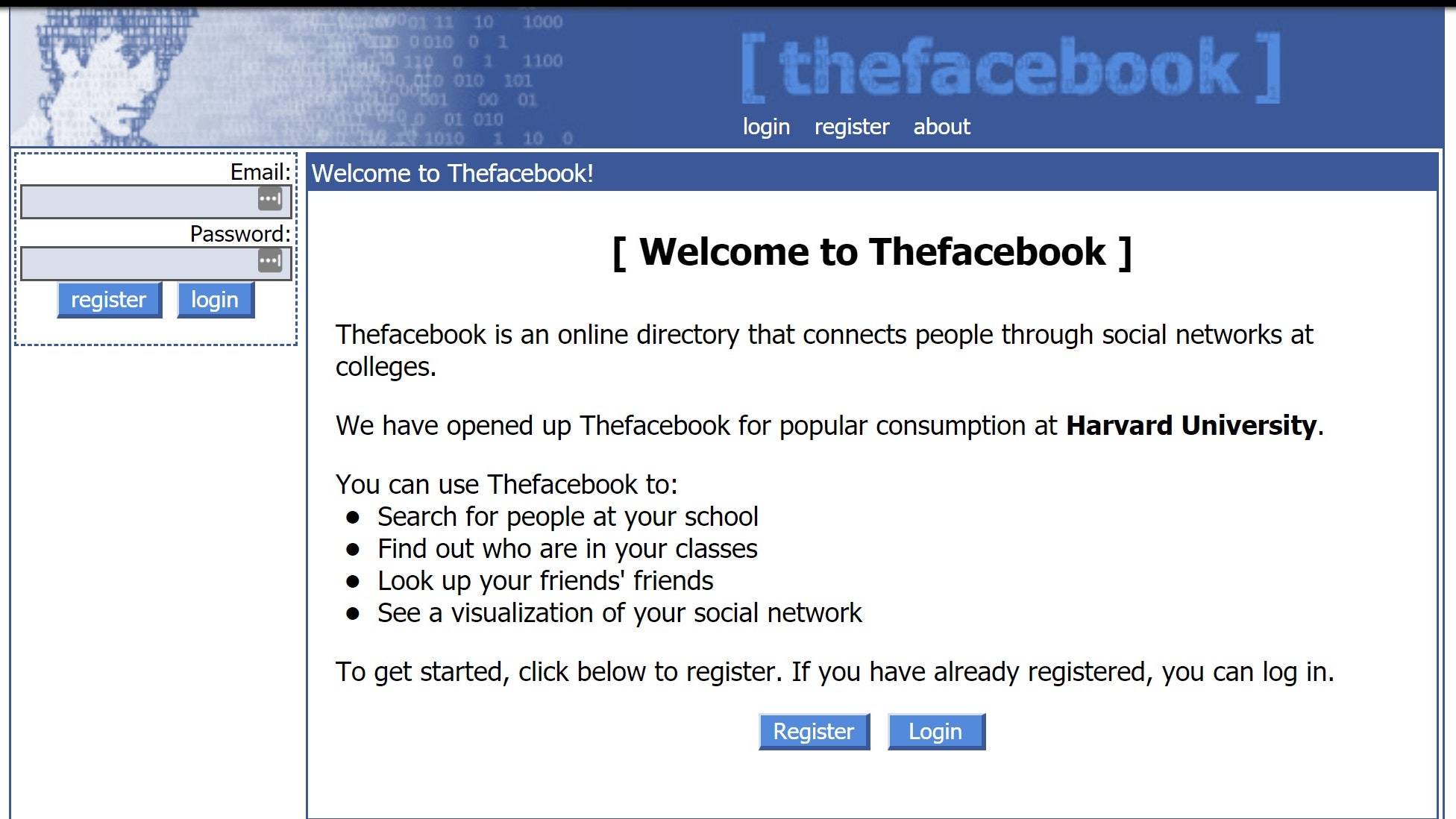The world before the internet was very different than it is today. Anyone who grew up during this time has clear memories of what everyday life was like before the advent of the digital age. For this reason, it is increasingly being questioned as a source of memory in a time that is now unrepeatable. Boomers, Generation X and some Millennials are the last people left They remember what it meant to use a payphone, a paper card, or a typewriter. Younger generations, born into a digital world, are increasingly wondering what it was like to live in the “analog” age, when their peers socialized, communicated, and found information before they were introduced to the Internet, e-commerce in the mid-1990s. Emails and smartphones began to dominate the surrounding reality.
The good old days
There is a certain romanticization associated with the pre-internet era and discussions about it Reddit that highlight the simplicity and less chaotic nature of life The highest value is placed on interpersonal relationships Face to face. This nostalgia extends to various aspects of everyday life, from the way people found the connections they sought to the creative ways in which they communicated. A user writes about it Quora:
Breaking news came through printed newspapers, television shows, and magazines. By reading books and magazines we learned about other cultures and lifestyles. We played a lot of cards and board games… We bought everything locally or by mail from a catalog. Bills arrived in the mail, you wrote a check or bought a money order and mailed the payment… To get a plane ticket, you called the travel agent. You could also book hotels and a rental car. No one else could do it; No one else knew the correct phone numbers or had all the times and information needed to book a trip.
Other articles e.g Essays They reflect on how evident the absence of the Internet has been in every aspect of daily life. To write a thesis, it was normal to spend days in the library taking handwritten notes. Paper letters were still the bearers of unexpected news. A lot of patience was required while waiting for answers from the office switchboards and for your favorite television programs to start. Memories were captured with physical photographs and travel included telephone conversations from phone booths. And there are even those who have invented theoretical definitions to establish a “before” and an “after”.
Digital immigrants
This is how some sociologists describe people who grew up before the introduction of the Internet. Typically those born before 1985. In contrast to digital natives who grew up in a world dominated by intelligent devices, Digital immigrants had to adapt and learn these technologies later in life. The term was coined by Marc Prensky in 2001 to describe their challenges, particularly in the educational context, and the gap between them and those who have easily spoken the language of technology from a young age.




